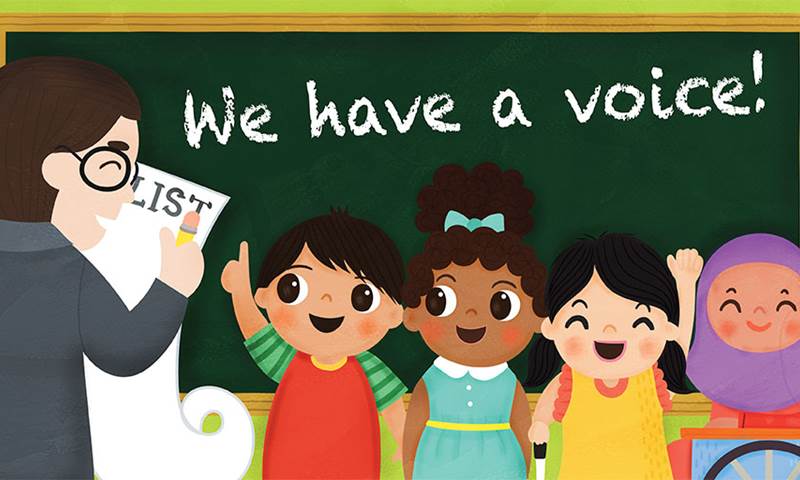Our website uses Cookies - by using this site or closing this message you're agreeing to our Terms & Conditions, Cookie Policy and Privacy Policy
x‘The right of children to participate in public decision-making processes’ - report now available
Date: 25th June 2020
Category:
Respect for the views of the child

Children’s right to participate in decision‑making in all matters that affect their lives is a well‑established legal principle in the UN Convention on the Rights of the Child.International research indicates states are increasingly implementing this right in the sphere of public decision-making. This research explores the processes and structures across a variety of countries that are conducive to ensure children can effectively participate in decision making.
Children’s parliaments, children’s councils, children’s clubs, conferences, engagement through social media, ad hoc consultations and politicians’ ‘surgeries’ are all means for children to engage their right to participate in decision-making in all matters that affect their lives. This report includes research literature and the experience of civil society organisations working around the world to promote effective engagement with and participation by children and young people in local, national and international decisions. Drawing on examples from a variety of countries representing diverse economic, social, political and cultural circumstances, it identifies obstacles and seven building blocks that are conducive to the effective participation of children in public decision-making.
The seven key building blocks which must be present in any mechanism to support children’s participation are as follows.
- Recognising children’s rights to take civic action
- Children’s participation should be secured through law and policy supported by sufficient investment
- Strengthening children’s agency, self-esteem and knowledge to participate in public decision-making
- Creating a conducive political, social and cultural environment, including addressing adult attitudes
- Building quality spaces and processes for child participation in public decision-making
- Structures should be inclusive and involve children from deprived and marginalised groups
- Accountability, feedback and follow-up
Read the report in full here.
